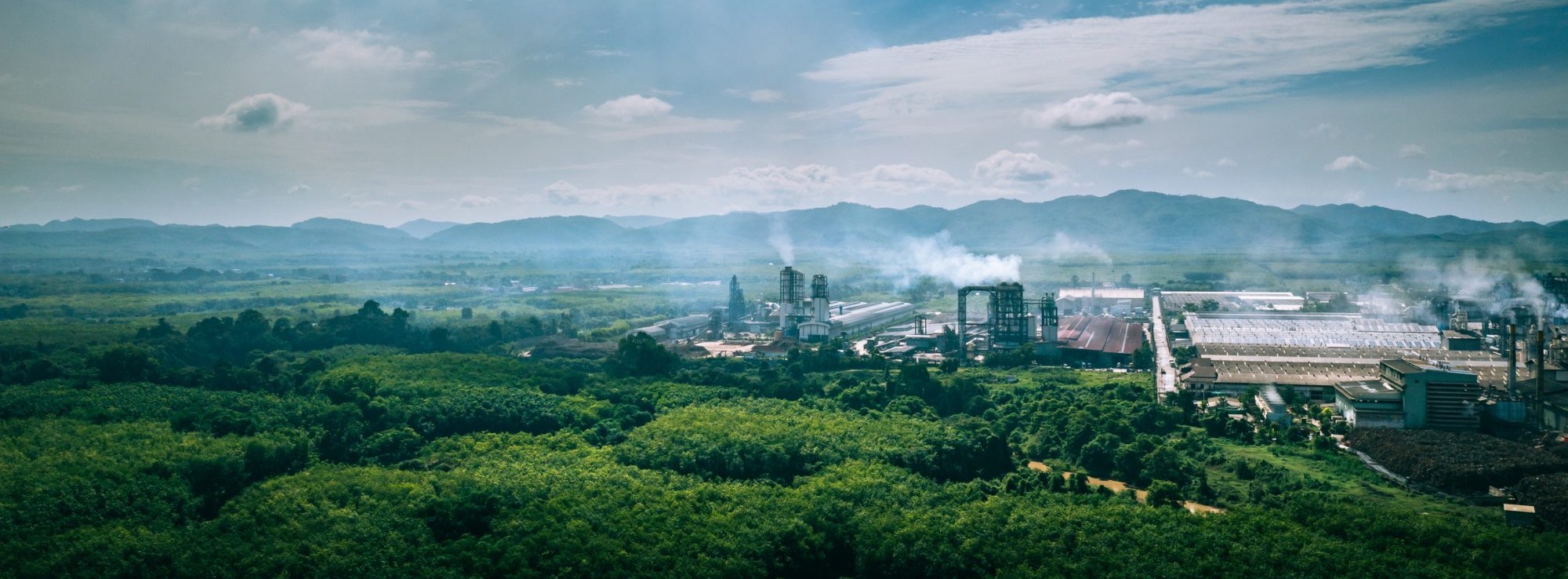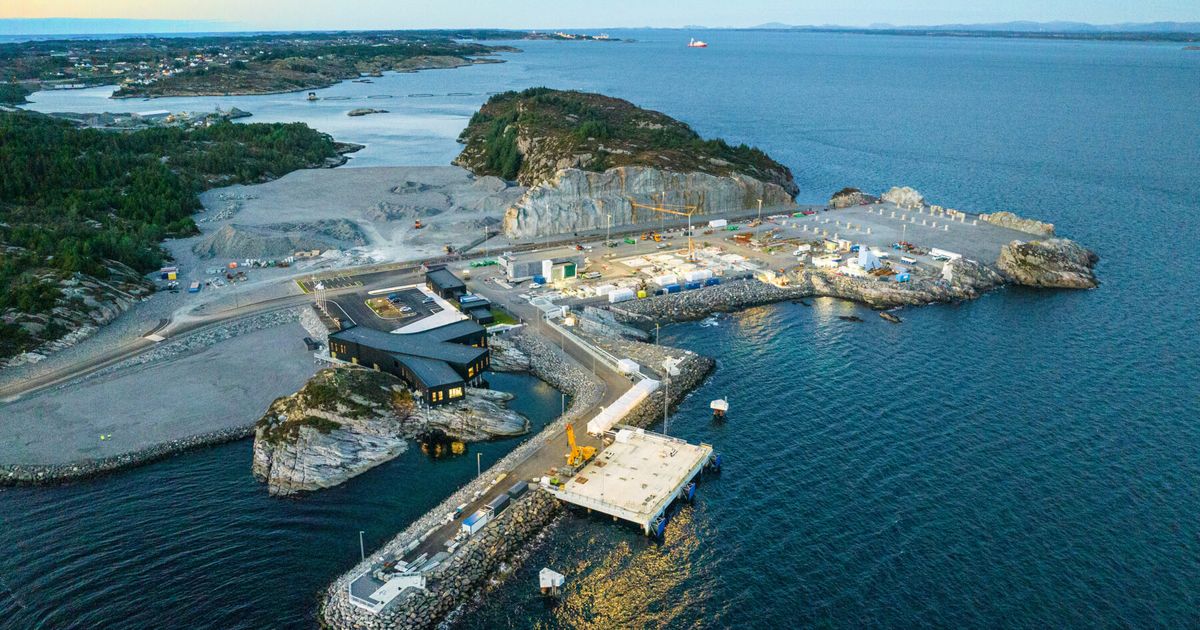For decades, the climate challenge was defined by renewables. Now, the frontier has shifted to a more complex problem: the carbon footprint of heavy industry. This new reality is most visibly embodied by ventures like Climeworks' huge Carbon Capture Technology plants in Iceland, but it extends to the entire Carbon Capture and Storage (CCS) ecosystem, from circular economy models in Australia to integrated projects in the American Midwest.
This global scramble, therefore, forces a defining question of our era: is Carbon Capture a genuine key to our climate future, or merely a high-risk, multi-trillion-dollar subsidy for the fossil fuel industry? The answer is being forged now, in a global gamble that pits immense financial and political capital against the challenge of re-engineering the very backbone of modern civilization before the clock runs out.
The Arsenal of Technology: How Carbon Capture Works
To understand the push for Net Zero Emissions, it’s crucial to know that Carbon Capture Technology isn’t a single hero. Instead, think of it as a team of specialists, each with a unique and critical role in tackling the 2,500 gigatons of CO₂ humanity has pumped into the atmosphere. With our global carbon budget shrinking to less than 400 gigatons to meet the Paris Agreement's 1.5°C target, deploying this entire team is no longer a choice but a mathematical and economic necessity.
The workhorse of this strategy is Carbon Capture and Storage (CCS), which acts like a bouncer at the door of a nightclub. Its job is to stop trouble before it ever hits the street. Stationed at the source of pollution—a steel mill, a cement plant, or a power station—this technology intercepts carbon dioxide from the flue gas, trapping it through a chemical process before it can escape up the smokestack. This isn’t a new idea; it’s been in practice for decades, dating back to Norway’s Sleipner offshore plant in 1997. Today, it’s seen as the only viable path to decarbonize heavy industries whose chemical processes, not just their energy use, make them massive emitters. The mission is simple and direct: prevention.
--------------------------------------------------------------------------
DEEP DIVE: The Three Methods of Carbon Capture
While the goal is to capture CO₂ at its source, engineers have three primary methods to choose from, each with its own trade-offs in cost and efficiency.
- Post-Combustion Capture: This is the most common approach for existing facilities. Think of it as a filter added to the end of the process, which chemically scrubs CO₂ from the exhaust gas after the fuel is burned. Its main advantage is that it can be retrofitted onto current power plants and factories.
- Pre-Combustion Capture: This method removes the carbon before the fuel is burned. The fuel is first converted into a synthesis gas (syngas), and the CO₂ is separated from it. While often more efficient, it's difficult and costly to retrofit into existing infrastructure.
- Oxy-Fuel Combustion: This is a more radical redesign. Instead of burning fuel in normal air, it's burned in pure oxygen. This results in an exhaust stream that is almost pure CO₂, making it easy to capture without a chemical separation step. However, this requires a complete rebuild of the combustion system, making it impractical for most existing plants.
After capture, the CO₂ is compressed into a liquid and transported via pipeline or ship to a storage site, where it's injected deep underground into stable geological formations for permanent storage.
--------------------------------------------------------------------------
With these foundational methods established, the true story of modern Carbon Capture begins—not just with chemistry, but with computation.
The Game-Changers: AI and Modularity Redefine the Field
The protagonist in the race to Net Zero Emissions is no longer the brute-force industrial process of the past. Today, Carbon Capture Technology has been reborn, its brain supercharged by artificial intelligence. Where scientists once spent years searching for effective materials, AI models now screen millions of chemical compounds in weeks, rapidly identifying optimal "sorbents" that trap CO₂ with unprecedented efficiency. This digital intelligence is embodied in a new physical form: modular engineering. Forget monolithic plants; the new approach uses adaptable, stackable units, like high-tech building blocks, that can be deployed flexibly across diverse geographies and industries, tailored precisely to the scale of the challenge.
This smart, adaptable body is animated by a sophisticated nervous system. Integrated measurement, reporting, and verification (MRV) technologies now act as a live feed of operational data, providing real-time insights into the health, performance, and reliability of every unit. This constant stream of information enables autonomous operations and data-driven maintenance, dramatically reducing long-term costs. For the global strategy of Carbon Capture and Storage (CCS), this is a game-changer. It transforms the technology from a high-cost, high-risk engineering project into a reliable, scalable, and commercially viable climate solution that investors can bank on.

A different protagonist is needed for the carbon that’s already in the atmosphere—the legacy emissions of the last 150 years. This is the job of Carbon Removal, which acts like a specialized cleanup crew arriving after the party is over. The most high-profile of these technologies is Direct Air Capture (DAC), which uses giant fans and chemical filters to operate like massive vacuums for the sky, sucking CO₂ directly out of the ambient air. It’s a far more difficult and energy-intensive job than catching emissions at the source, but it’s essential for addressing the historical pollution that nature can no longer absorb on its own.














